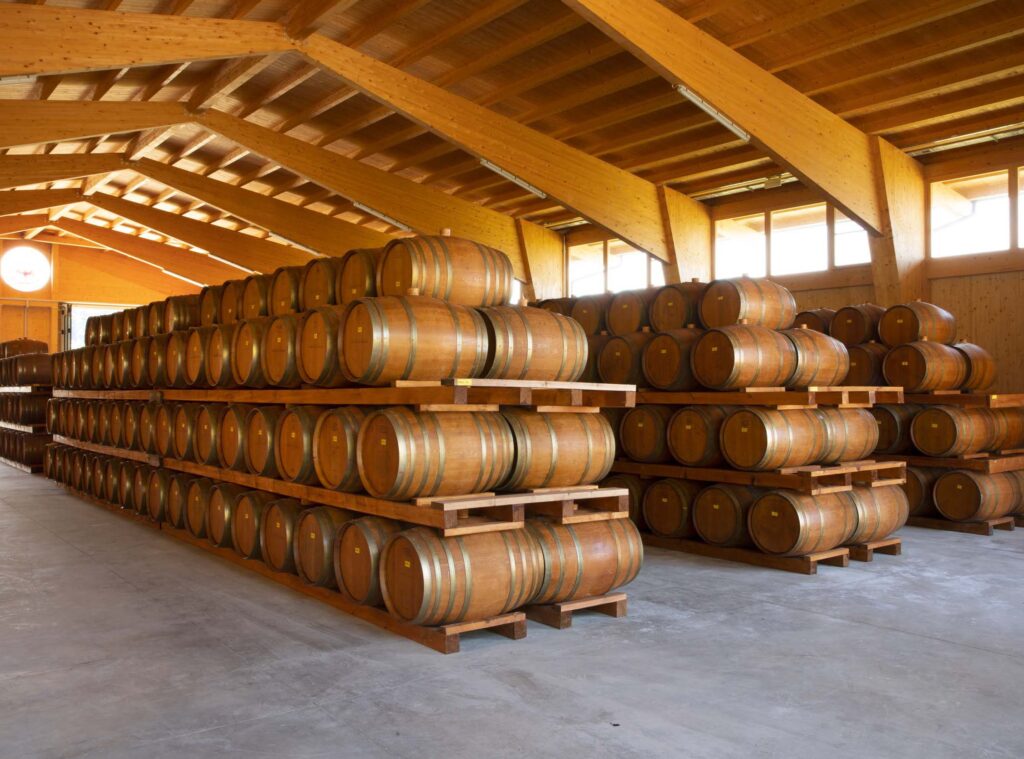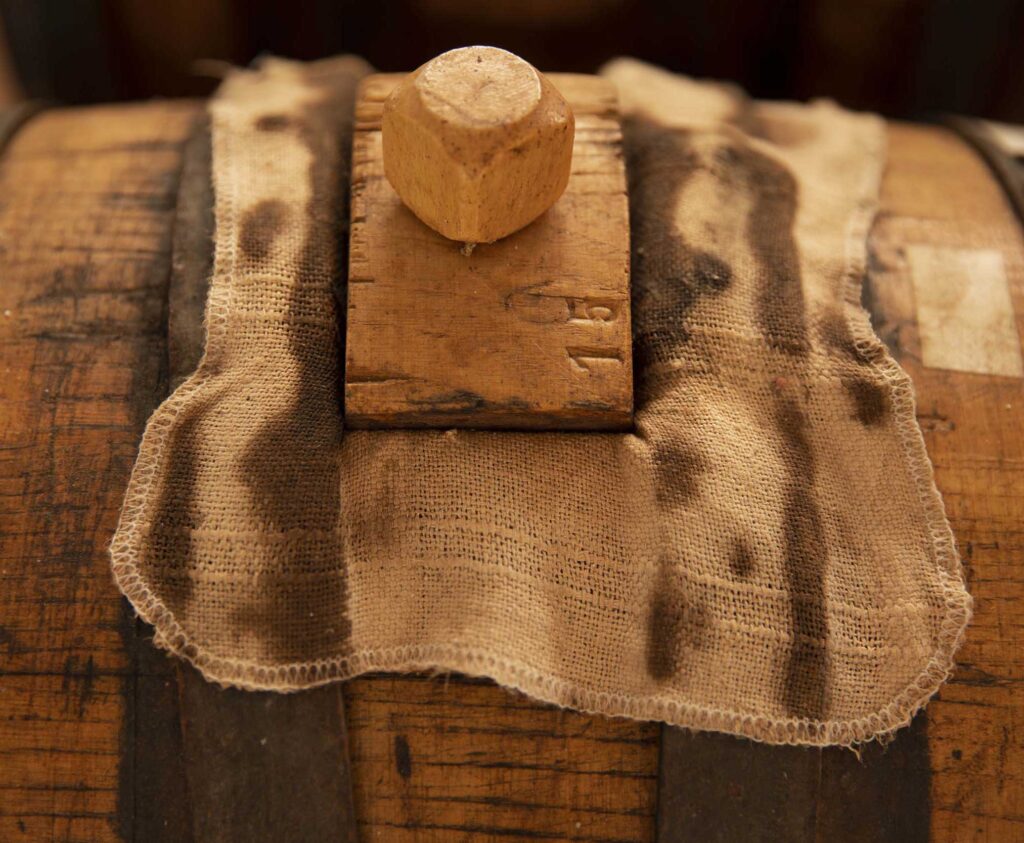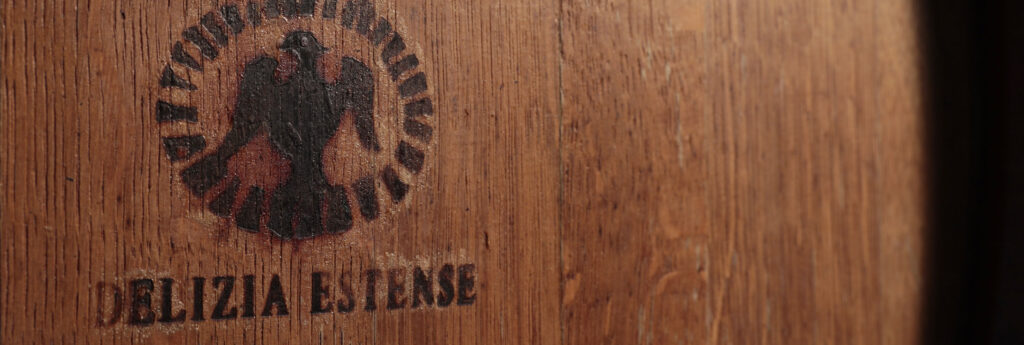No products in the cart.


When it comes to Balsamic Vinegar of Modena, it is essential to make a clear distinction between the PDO and PGI certifications. These designations imply substantial differences in terms of production processes and raw materials, even though both are designed to safeguard the identity of balsamic vinegar, guaranteeing its quality and preserving its tradition. Both certifications ensure that the final product was entirely made in Italy, from the early stages of selecting the perfect grapes, all the way to the end of the aging process, which can last years, or even decades. Both are regulated at European level to ensure consumers they’re only purchasing Italian products of the highest quality. So… what are the differences?


The PDO Balsamic Vinegar of Modena, also called Traditional Balsamic Vinegar of Modena, is made in conformity with the production specification recognized by the Ministry of Agriculture and Forestry. The grapes used for its production are exclusively Lambrusco, Ancellotta, Trebbiano, Sauvignon, Sgavetta, Berzemino and Occhio di Gatta, harvested within the province of Modena. After the harvest, the must is boiled for several hours in open containers at a temperature that never drops below 80°C, and it is then poured into a barrel known as Botte Madre, or Mother Barrel. There, the must finds an ideal environment for alcoholic fermentation and acetic fermentation. After two years, the cooked must turns into a thick and dark liquid, which is moved from the Mother Barrel into the first of a series of wooden barrels, known as battery.
Every year, the liquid is transferred into gradually smaller barrels, following a cycle of operations known as travaso, or drawing, and rincalzo, or topping up. The kinds of wooden barrels used for the aging process matter, as they contribute to the unique flavor of the final product. The most frequently used barrels are made of oak, chestnut, cherry, juniper, and ash wood. The minimum aging period required to obtain PDO certification is 12 years, at the end of which the Balsamic Vinegar of Modena is finally ready to be bottled in the typical 100 ml ampoule designed by creator Giorgetto Giugaro. The final product is a dense, dark-colored vinegar, enhanced by a bouquet of intense and well-structured flavors and aromas.
PDO Balsamic Vinegar of Modena can be aged beyond 25 years, like our Gold Seal Balsamic Vinegar, thus obtaining the “extravecchio” certification and a gold seal to attest its high quality.

PGI Balsamic Vinegar of Modena is characterized by a light brown shade, a shiny tone, and mild sweet-sour taste. Unlike its PDO counterpart, it only requires a minimum aging period of 60 days, which results in a much more tenuous aftertaste. It is made using grapes of Lambrusco, Sangiovese, Trebbiano, Albana, Ancellotta, Fortana and Montuni harvested within the province of Modena. Wine vinegar and vinegar that’s been aged 10 years is added to the cooked must for up to 10% of its total volume. No other substances are allowed, apart from caramel upto a maximum of 2%, which helps Balsamic Vinegar develop a higher sugar concentration, providing a more intense color.
We prefer not to use caramel in our Acetaia, so as to obtain an authentic, 100% natural, product like the PGI Balsamic Vinegar Of Modena Etichetta Rossa Special Edition: aged in oak barrels without adding sulphites, preservatives or coloring agents so as to retain its unique, bittersweet, balanced yet persistent flavor.
After 60 days from the moment in which the raw materials were mixed together, the PGI Balsamic Vinegar of Modena undergoes a careful examination by qualified professionals so as to obtain the Protected Geographical Indication certification before going on sale. This does not mean that PGI Balsamic Vinegar of Modena can only be aged 60 days: it is entirely possible to wait further! Take, for example, our PGI Balsamic Vinegar of Modena Fiorano Rosso Special Edition, which is aged for over a year before being bottled and sold as one of the most popular products of our PGI collection.